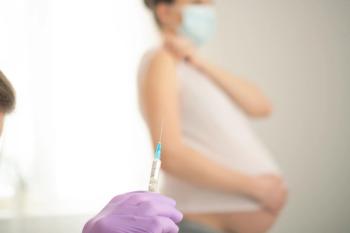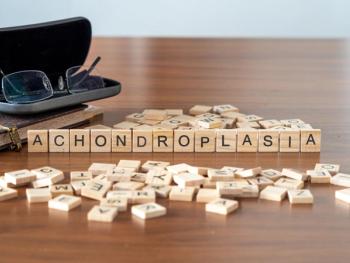
Counsel parents on environmental health issues
Pediatricians are often asked questions by parents about the effect of environmental exposures on the health of their children. Although some environmental exposures can be detrimental to children’s health, not all are despite the often erroneous claims made by the media.
Pediatricians are often asked questions by parents about the effect of environmental exposures on the health of their children. Although some environmental exposures can be detrimental to children’s health, not all are despite the often erroneous claims made by the media.
In her presentation “Environmental myth busters: A perspective beyond Dr Oz,” held on Monday, October 24, Jennifer A Lowry, MD, FAAP, chief, Section of Clinical Toxicology, medical director, Division of Clinical Pharmacology, Toxicology, and Therapeutic Innovation, and medical director, Center for Environmental Health, Children’s Mercy Kansas City, Missouri, spoke on issues important for pediatricians to know about environmental health.
As indicated by the title of her talk, one aim of Lowry’s session was to talk about the misconceptions about environmental health that arise from misinformation found in the media and in blogs.
“Media and other news outlets often inform parents of possible environmental exposures that can cause harm to children,” Lowry said. “Unfortunately, not all of the information is true, which causes undo concern for parents and confusion to pediatricians who are asked about these effects.”
Her interactive talk focused on providing pediatricians with the facts on common issues of concern to parents, particularly parents who pay attention to current events. Among the many current environmental topics she discussed were cell phones and Wi-Fi, phytoestrogens in soy products, synthetic turf athletic fields, hormones in meat or dairy, fluoride, lead, plastics, and deodorant. For each topic, she provided the latest evidence on what is known about the impact of the environmental exposure on children.
Along with arming pediatricians with some facts to relay to their patients and parents, Lowry also provided guidance on where pediatricians can go to get updated information on environmental exposures in children. She referred pediatricians to the American Academy of Pediatrics (AAP) Council on Environmental Health (COEH)
Lowry encouraged pediatricians to incorporate environmental health questions into well-child visits, as well as to advocate for protective environmental policies at the local, regional, and national levels.
Ms Nierengarten, a medical writer in Minneapolis, Minnesota, has over 25 years of medical writing experience, authoring articles for a number of online and print publications, including various Lancet supplements, and Medscape. She has nothing to disclose in regard to affiliations with or financial interests in any organizations that may have an interest in any part of this article.
Newsletter
Access practical, evidence-based guidance to support better care for our youngest patients. Join our email list for the latest clinical updates.








